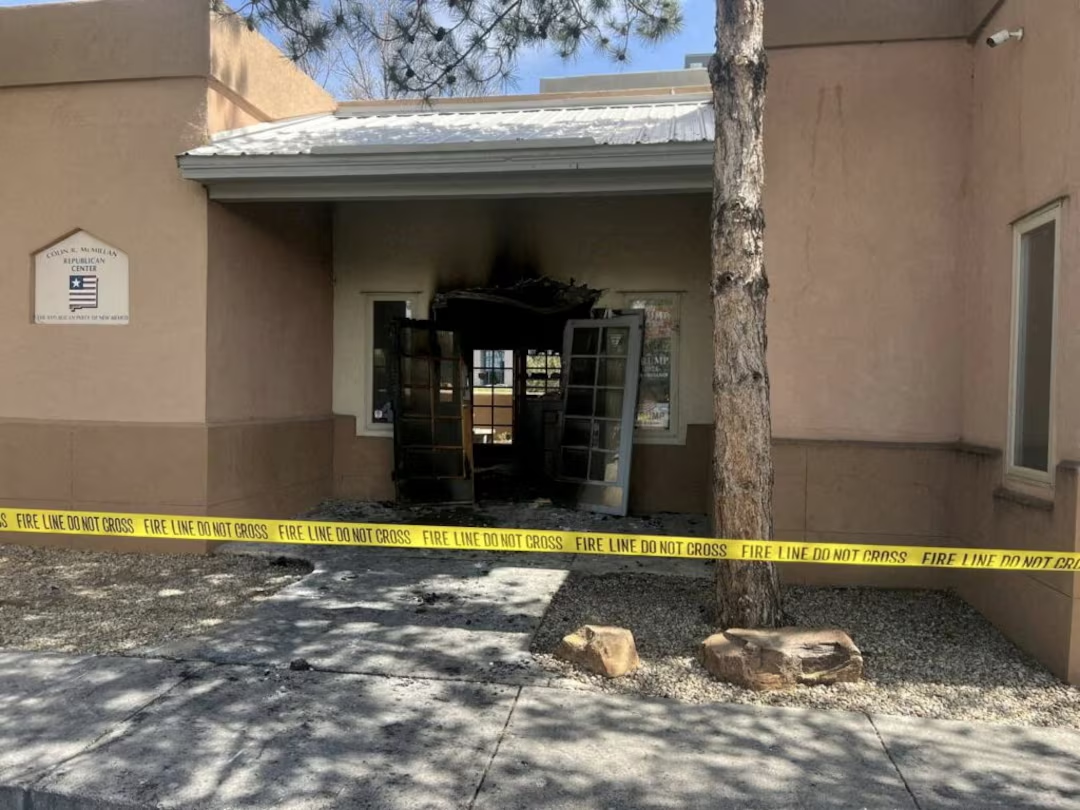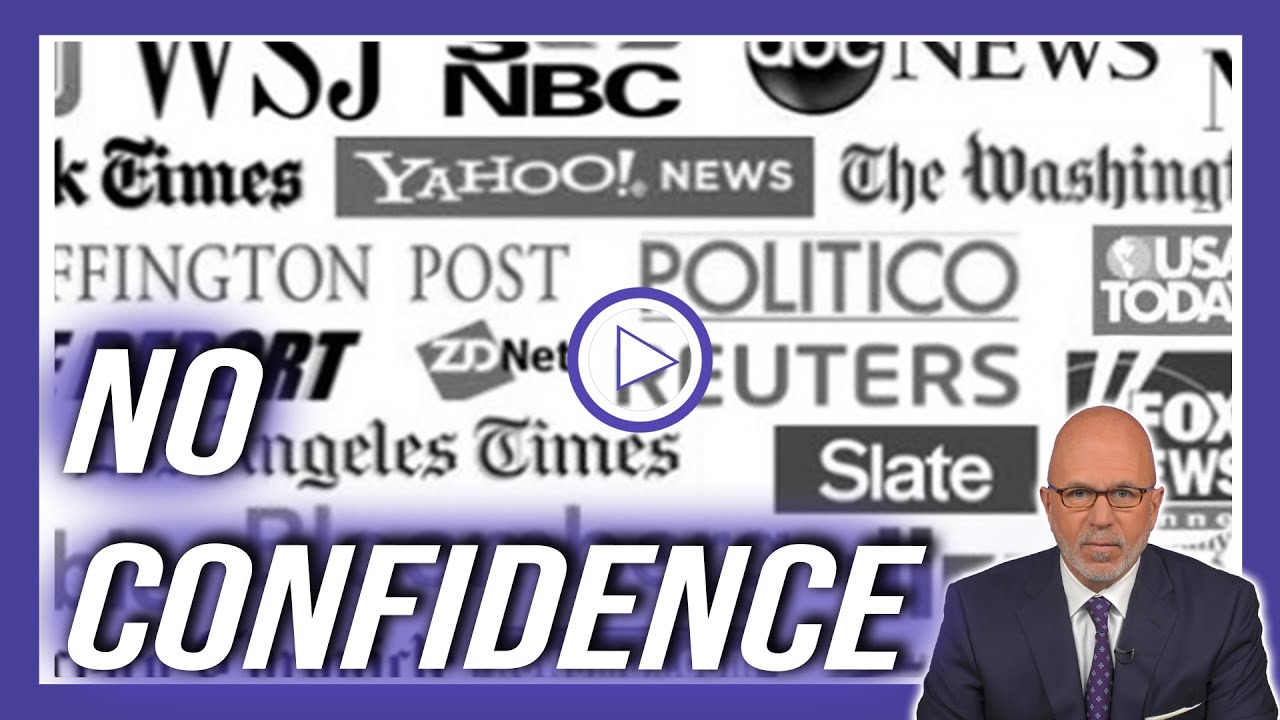Celebrating a Fragile Anniversary
This month marks a decade since the Supreme Court"s landmark ruling in Obergefell v. Hodges, which affirmed the constitutional right for same-sex couples to marry. Yet, as we celebrate this milestone, we must confront a chilling reality: the very foundation of this legal victory is under unprecedented attack. With Republican support for same-sex marriage dwindling to a mere 46%, according to The Hill, the future of LGBTQ rights hangs precariously in the balance.
Historical Context of Opposition
In 2004, when Massachusetts became the first state to legalize same-sex marriage, the political landscape was starkly different. Back then, President George W. Bush and many Democrats condemned the ruling, reflecting a national sentiment that was overwhelmingly against marriage equality. Polls indicated that nearly twice as many Americans opposed gay marriage compared to those who supported it. The tide began to turn slowly, with public opinion shifting dramatically over the ensuing years, culminating in the 2015 Supreme Court decision.

New Mexico Republican Party HQ set on fire, graffitied "ICE ...
The Current Political Climate
Fast-forward to 2025, and we see a disturbing trend. Republican support for same-sex marriage has declined significantly, dropping from 61% just a few years ago. The party"s hardline base, emboldened by extremist factions, is increasingly vocal against LGBTQ rights. This shift reveals a broader strategy among Republican leaders to mobilize their voter base by appealing to regressive social values, rather than fostering unity and acceptance.
Consequences of Diminishing Support
As Republican support wanes, the implications are dire. Without bipartisan backing, legislative protections for LGBTQ individuals become vulnerable. States led by Republican governors are already enacting laws that undermine LGBTQ rights, from banning discussions about gender identity in schools to restricting access to healthcare for transgender individuals. These actions not only threaten the hard-won rights of millions but also reflect an alarming trend towards a more polarized and intolerant society.
The Role of Activism
In this critical moment, the LGBTQ community and its allies must mobilize and resist these regressive forces. Grassroots activism has played a pivotal role in advancing rights and awareness, and it is more essential than ever. Organizations are calling for renewed efforts to educate the public on the importance of marriage equality and to challenge discriminatory policies at local and state levels. The fight for LGBTQ rights is not just about marriage; it encompasses a broader struggle for recognition, dignity, and equality.
Future Implications for LGBTQ Rights
The declining support among Republicans signals a potential regression in the acceptance and legal protections afforded to LGBTQ individuals. As political leaders use divisive rhetoric to rally their bases, the risk of eroding hard-fought rights looms large. Every legislative session presents opportunities for both advancement and setbacks, and the stakes have never been higher.

Results of Gallup"s recent poll "Americans" Trust in Mass Media" #politics #media #news
Call to Action
It is imperative for allies to stand in solidarity with the LGBTQ community. Activists must continue to engage in dialogue, educate peers, and challenge discriminatory policies. The fight for LGBTQ rights transcends party lines and demands a collective response to ensure that rights are not just celebrated but protected. The anniversary of Obergefell should serve as a rallying cry for all who believe in equality.


![[Video] Hillary Clinton: Women's equality is the unfinished business of the 21st century](/_next/image?url=%2Fapi%2Fimage%2Fthumbnails%2Fthumbnail-1765096256004-4wn0xo-thumbnail.jpg&w=3840&q=75)

![[Video] Erdogan: Ethnic and religious diversity should not divide Turkey](/_next/image?url=%2Fapi%2Fimage%2Fthumbnails%2Fthumbnail-1764249656004-ion8m-thumbnail.jpg&w=3840&q=75)


![[Video] Gunfire between Iraqi security forces and Sadr militias in Baghdad](/_next/image?url=%2Fapi%2Fimage%2Fthumbnails%2Fthumbnail-1768343508874-4redb-thumbnail.jpg&w=3840&q=75)
